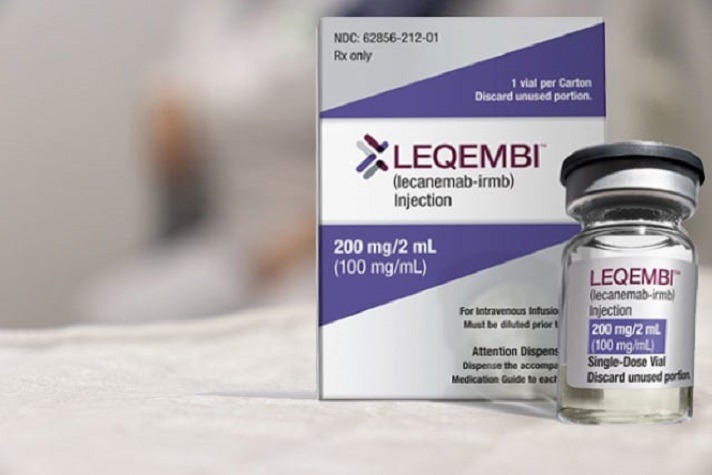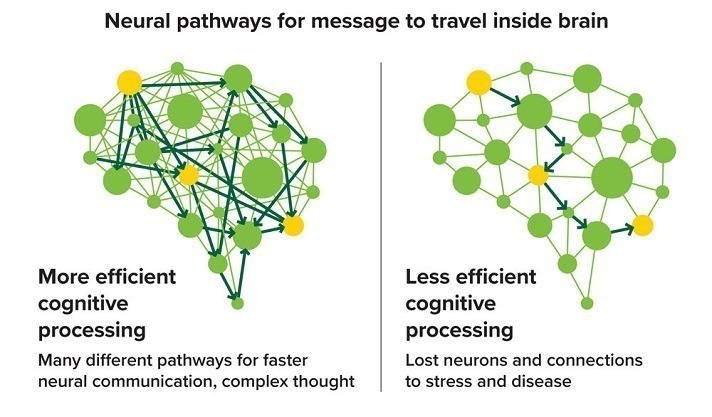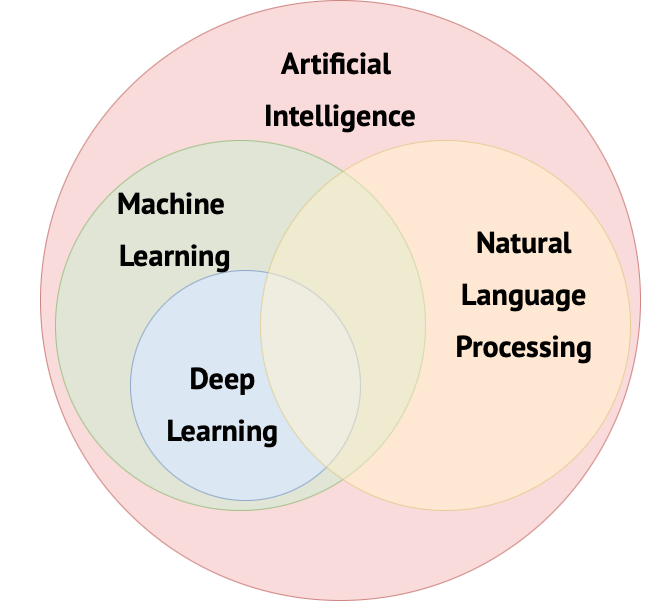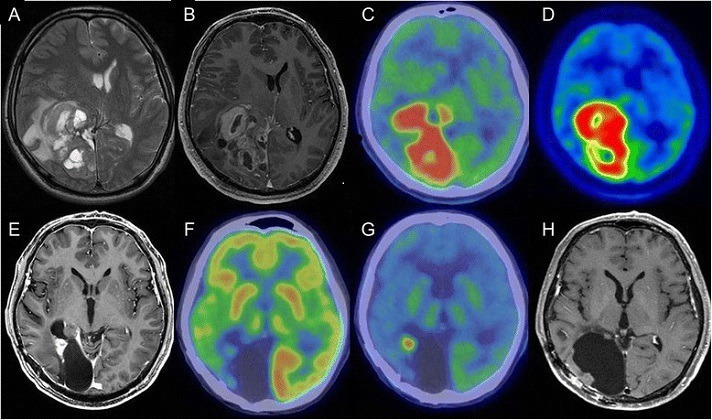Posts Tagged ‘mild-cognitive-impairment’
Hopes and Questions raised by Alzheimer’s drug Leqembi (lecanemab)
The FDA has approved Leqembi, the first disease-modifying treatment for early-stage Alzheimer’s and a precursor condition, mild cognitive impairment. Medicare has said it will pay for the therapy. Medical centers across the country are scrambling to finalize policies and procedures for providing the medication to patients, possibly by summer’s end or early autumn. It’s a…
Read MoreTaking your brain vitals: Stories from a techno-optimist inventing the future of human performance
For as long as I can remember, my father loved acting. Into his sixties and early seventies, he was quite active in the theater. He played Tartuffe in Molière’s Tartuffe, Nick Bottom in Shakespeare’s A Midsummer Night’s Dream, and the Old Man in Steve Martin’s Picasso at the Lapin Agile. When he won the role…
Read MoreBuilding cognitive reserve helps delay memory and thinking decline regardless of genetic or childhood markers
Welcome to a new edition of SharpBrains’ e‑newsletter, featuring timely brain news and a few fun brain teasers to test your perceptual and cognitive skills. #1. Study: Building cognitive reserve helps delay memory and thinking decline regardless of genetic or childhood markers “While our childhood can influence our memory and thinking skills later in life,…
Read MoreFully-automated analysis of voice recordings–from neuropsychological tests–found to help differentiate normal cognition from dementia and mild cognitive impairment
Voice Recordings Spot Cognitive Impairment (MedPage Today): A machine-learning model identified mild cognitive impairment and dementia from digital voice recordings of neuropsychological tests, an early study showed. Among 1,084 people in the Framingham Heart Study whose tests were recorded, the average area under the curve (AUC) reached 92.6% for differentiating normal cognition from dementia, 88.0% for…
Read MoreDeep learning model built on neuroimaging data identifies “Brain Age Gaps” as markers of Alzheimer’s disease (AD)
Brain Age Gap is a Composite Biomarker for Dementia Pathology or Severity (GEN): Mayo Clinic scientists have developed a computational model that predicts brain age using a large collection of neuroimaging data obtained using FDG-PET (fluorodeoxyglucose positron emission tomography) and structural MRI (magnetic resonance imaging). The deep learning-based model tests the relationship between brain age…
Read MoreOn physical activity, neuroplasticity, depression, screen time, neuromodulation and more
Welcome to a new edition of SharpBrains’ e‑newsletter, featuring this time eight scientific reports and industry resources plus a few fun brain teasers. #1. Study finds ultimate hack to protect teen brains from harmful screen time: Exercise (and good role-modeling): “Girls who spent less than an hour on screens and boys who spent less than…
Read More





